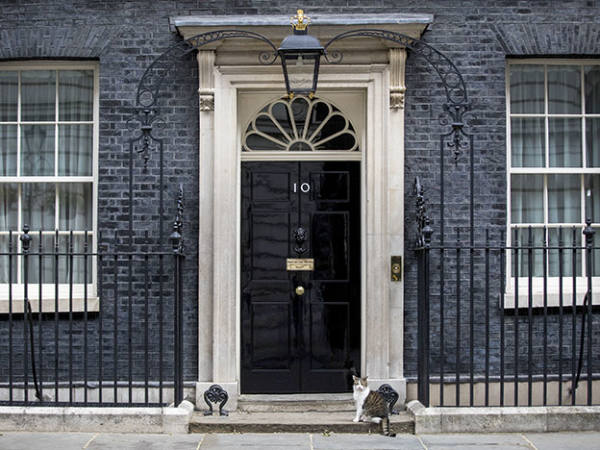The first Airbnb (US:ABNB) I stayed in was in Albania in 2015. My wife and I spent a week in our host’s spare room for a nominal fee, met her dog, spoke a lot about US politics, and went drinking together in downtown Tirana. The three of us are still friends.
Jump forward about a decade and the once quaint and informal world of digital short-term lets has grown up. Ramshackle Airbnbs offering homely sofabeds like the ones I used to stay in still exist, but these days accommodation websites now attract a much more mature kind of short-term letting business comprising whole flats – sometimes particularly luxurious ones – run by investors not as homes but as business opportunities. Such offers now compete with regular hotels and hostels.
Unlike buy-to-let landlords, Airbnb entrepreneurs don’t need to sign a long-term lease with a tenant. And in some jurisdictions, they don’t even need to own the property they’re renting out. All they need to do is stick it online.
There have long been concerns that this largely unregulated subsector exacerbates the housing crisis by allowing homes to be snapped up for short-term lets. Last week, the UK government launched a consultation to begin the long legislative process of giving this subsector some boundaries.
Under its proposals, landlords will need planning permission to use their properties as short-term lets. It also wants to introduce a registration scheme for short-term hosters. Airbnb supports the latter measure, which already exists in several other countries, but opposes the former. Whatever happens next, those worried about the negative impact of short-term lets – and the investors who see it as an alternative to buy-to-let – will be watching the consultation closely.











